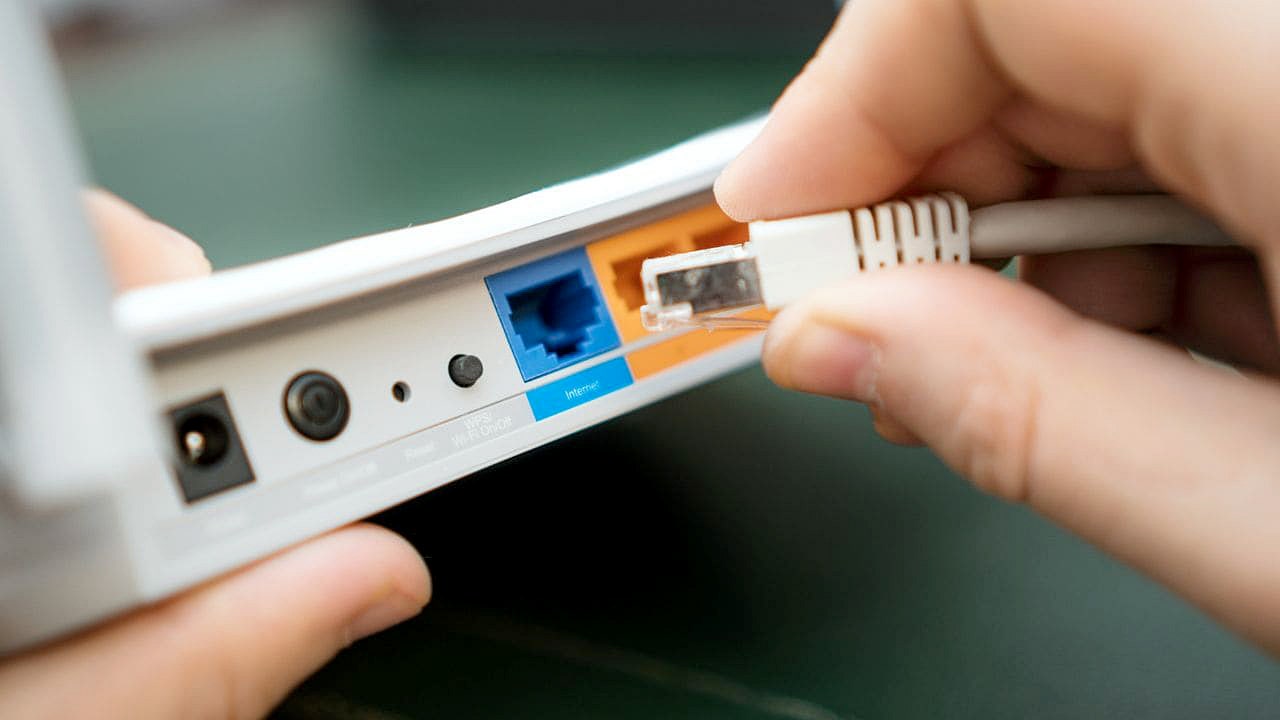
"Home Wi-Fi networks are the backbone of how most people get online, connecting laptops, phones, smart TVs and more. When properly secured, they offer a convenient and private way to browse the internet, stream content and work from home. But "private" doesn't always mean "safe." Wi-Fi security can be easily compromised if you have weak settings or outdated equipment."
"Your home Wi-Fi is not just a way to get online but also the gateway to your personal and professional life. Everything from online banking to work emails to video calls passes through it. If your network isn't secure, that information could be intercepted or exposed. One of the biggest misconceptions is that a home network is safe simply because it's private. In reality, hackers often target residential networks because they tend to have weaker defenses than corporate ones."
Home Wi-Fi serves as the gateway to personal and professional life, carrying banking, work emails and video calls. If the network is unsecured, that information can be intercepted or exposed. Many homeowners falsely assume privacy equals safety; residential networks often have weaker defenses than corporate ones. Attackers can connect if passwords are weak or encryption is outdated, enabling bandwidth theft, illegal activity and interception of passwords, credit card numbers and personal documents. Protecting privacy requires strong passwords, modern encryption standards and current equipment to reduce the risk of unauthorized access and data exposure.
Read at Fox News
Unable to calculate read time
Collection
[
|
...
]